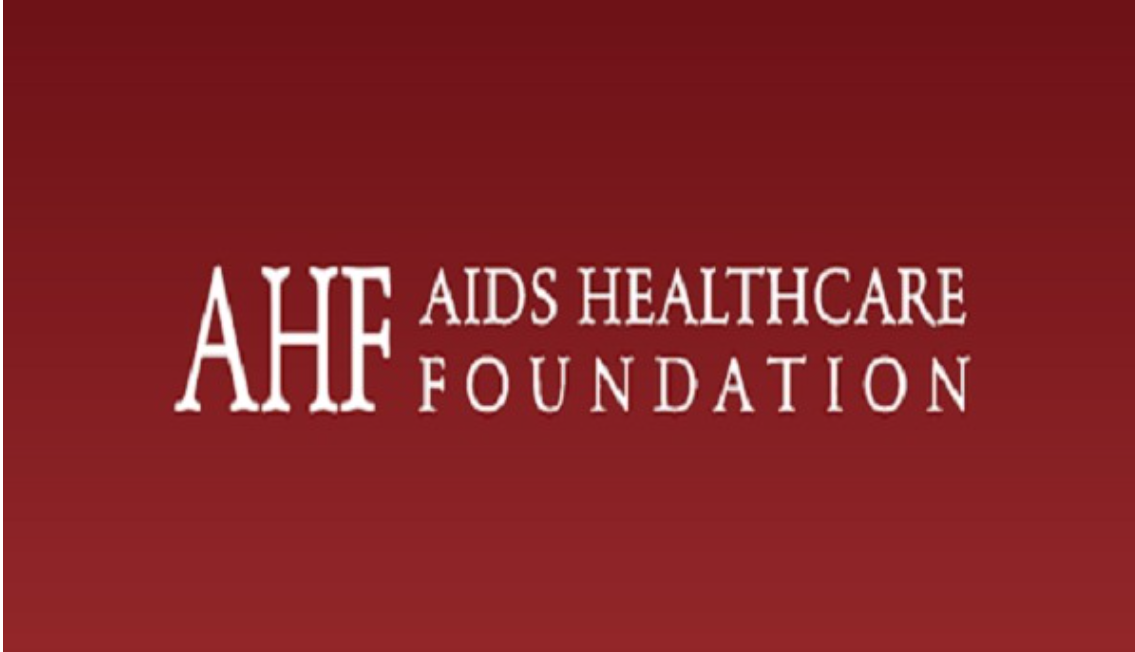FG, AHF advocate comprehensive sexuality education among youths
By Justina Auta
The Federal Government, AIDS Healthcare Foundation (AHF) Nigeria, and others have advocated for a comprehensive Sexuality Education (CSE) among youths to enhance health outcomes and protection from Sexually Transmitted Infections (STI) and violence.
They made the call at an event organised by AHF Nigeria to commemorate the 2024 International Day of the African Child (IDAC), on Thursday in Abuja.
Kemi Gbadamosi, Director of Policy, Advocacy and Marketing, AHF Africa Bureau, said CSE would address the increasing new infection rates of HIV, Sexually Transmitted Infections (STIs) and unplanned pregnancies amongst youths.
“Part of the reason we see this spike in infection rates amongst young people is lack of access to the right information, sexual reproductive health services, information and tools like CSE.
“Research tells us that access to age appropriate education helps to reduce HIV infections, teenage pregnancies, delay when young people begin to have sex and reduce cases of Gender Based Violence (GBV) and promote gender equality.”
Gbadamosi explained that the organisation engaged parents and youths on the benefits of sexual education to contravene popular opinions that it promotes promiscuity.
“Contrary to popular opinions, a lot of parents, leaders say sexual education promotes promiscuity, but research tells us that when young people have access to age appropriate CSE, it stops them from being promiscuous.
“It protects them, builds their self esteem and they are able to make better decisions and more informed choices.
“It also helps them to recognise when issues of violence and sexual harassment about to happen, so that they can protect themselves.
“We have always got pushback from parents, community leaders because they believe that whenever you say Comprehensive Sexual Education(CSE), you are talking about sex.
“That is why engagement such as this also requires parents in the discussion to know the benefits.”
Also, AHF Nigeria Country Programme Director, Dr Echey Ijezie, said: “it is important to discuss CSE because research has shown that CSEs improve health outcomes, empower youths and adolescents.
“It helps them to make informed choices and not contract HIV and other STIs, and also reduce the risks of unwanted pregnancies.”
Mrs Mariam Shu’aibu, Assistant Director, Child Development, Federal Ministry of Women Affairs, said that issues on child marriage, HIV are issues that the ministry was advocating against.
Njideka Ogbuke, Assistant Director, Education Support Department, Federal Ministry of Information, said equipping youths with the right information would reduce the tendency of negative influence from social media and pornographic contents.
Mrs Maria Okhilua, Director, Monitory and Evaluation, representing the Secretary, FCT Education Board, stressed the need to collaborate with policy makers, school administrators to ensure implementation of CSE.
Miss Isabel Anani, Stand with Girl Initiative and UNICEF Young Influencer, said: “Young people should never feel the need to be peer pressured to do something.
“Because it is a recurring trend when you see things happen, you want to follow the crowd.
“But you have to sit back and think, how it will affect your future. There is a need to have inner dialogue and evaluate your priority,” she said. (NAN)
Edited by Abiemwense Moru
Published By
-
Editor/Assistant Chief Correspondent,
FCT Correspondent,
NAN Abuja.
Has also recently published
 MetroJuly 6, 2025Tinubu int. conference centre generates N700m in 3 weeks – Wike
MetroJuly 6, 2025Tinubu int. conference centre generates N700m in 3 weeks – Wike MetroJuly 6, 2025Tinubu’s administration transforming FCT to a befitting nation’s capital – Wike
MetroJuly 6, 2025Tinubu’s administration transforming FCT to a befitting nation’s capital – Wike  General NewsJuly 5, 2025Group lauds Tinubu for creating South-West Development Commission
General NewsJuly 5, 2025Group lauds Tinubu for creating South-West Development Commission Economy/BusinessJuly 5, 2025Katsina partners PEBEC to accelerate business enabling reforms
Economy/BusinessJuly 5, 2025Katsina partners PEBEC to accelerate business enabling reforms





